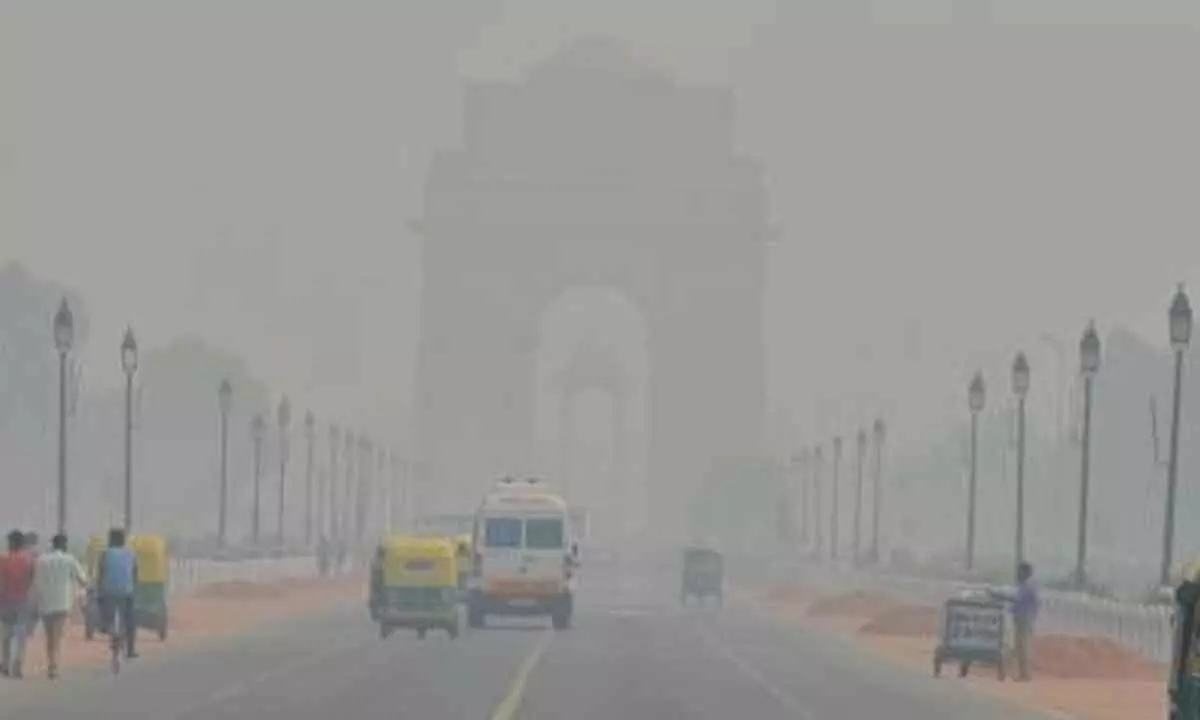IIT Jodhpur study sheds fresh light on air pollution hazards
It highlighted the significance of addressing local inefficient combustion processes such as biomass and fossil fuel burning
image for illustrative purpose

As air pollution remains a crucial global challenge, with severe health implications for millions of people globally, a new study by a researcher from the Indian Institute of Technology (IIT) Jodhpur sheds light on the sources and composition of particulate matter (PM) in northern India that are harmful to human health.
The study, published in the journal Nature Communications on Tuesday, highlighted the significance of addressing local inefficient combustion processes such as 'biomass' and 'fossil fuel burning', including traffic exhaust in effectively reducing PM-related health exposure and their associated impacts in northern India.
"Addressing India's air pollution crisis requires collaboration among local communities and stakeholders as well as societal changes especially in densely populated urban areas like Delhi," Dr Deepika Bhattu, Associate Professor and lead author of the article, said.
The study was performed at five Indo-Gangetic Plain sites, both within and outside Delhi, and it was discovered that although uniformly high PM concentrations are present across the region, the chemical composition changes considerably as the local emission sources and formation processes dominate the PM pollution. Within Delhi, ammonium chloride, and organic aerosols originating directly from traffic exhaust, residential heating, and the oxidation products of fossil fuels emissions produced in the atmosphere dominate PM pollution, as per as the study.

